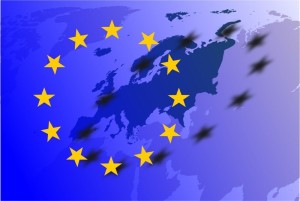BRUSSELS – On Thursday, the EU Council of Ministers decided that, starting in 2028, customs duties will be imposed on goods from third countries valued below 150 euros, thereby abolishing the currently valid duty-free threshold. The aim of this measure is to create equal competitive conditions in the European single market and contribute to fair market regulation.
Customs Authorities Face Significant Challenges
Alien Mulyk, Managing Director Public Affairs Europe & International, fundamentally welcomes the decision as “an important first step towards fairer competition conditions.” However, she points out that European customs authorities are already overwhelmed by the control of parcels from third countries such as China. “With the abolition of the duty-free threshold, their workload would increase even further,” Mulyk stresses, calling for rapid digitization and better equipment for customs and market surveillance authorities.
Reform Plans: Digitization and Unified Systems
As part of the reform, the data from all customs procedures are to be consolidated in a single EU data hub in the future to simplify customs clearance and prevent fraud more effectively. An import duty requirement for e-commerce platforms and a simplified ad valorem tariff system (“bucket tariff”) are also part of the proposals.
E-Commerce Platforms and Fast-Fashion Providers Heavily Affected
Fast fashion providers like Temu and Shein, as well as operators of online marketplaces, will be particularly affected by the abolition. In the future, those responsible will have to pay the applicable import duties. For companies, the reform entails considerable adaptation effort, but it is considered an important step against market distortions in the single market.
Call for Swift and Comprehensive Implementation
Finally, Mulyk calls for quicker implementation of the reform, mandatory digitization of customs controls, and the introduction of a unified control system for the entire EU in order to manage the large influx of parcel shipments in the future. (hb)


